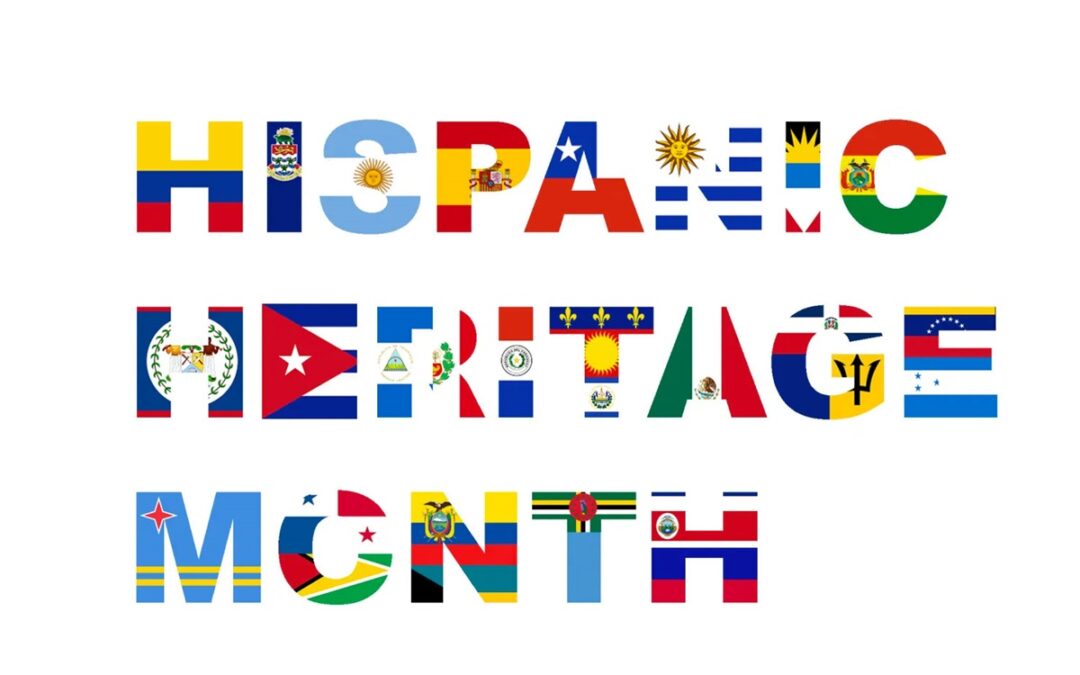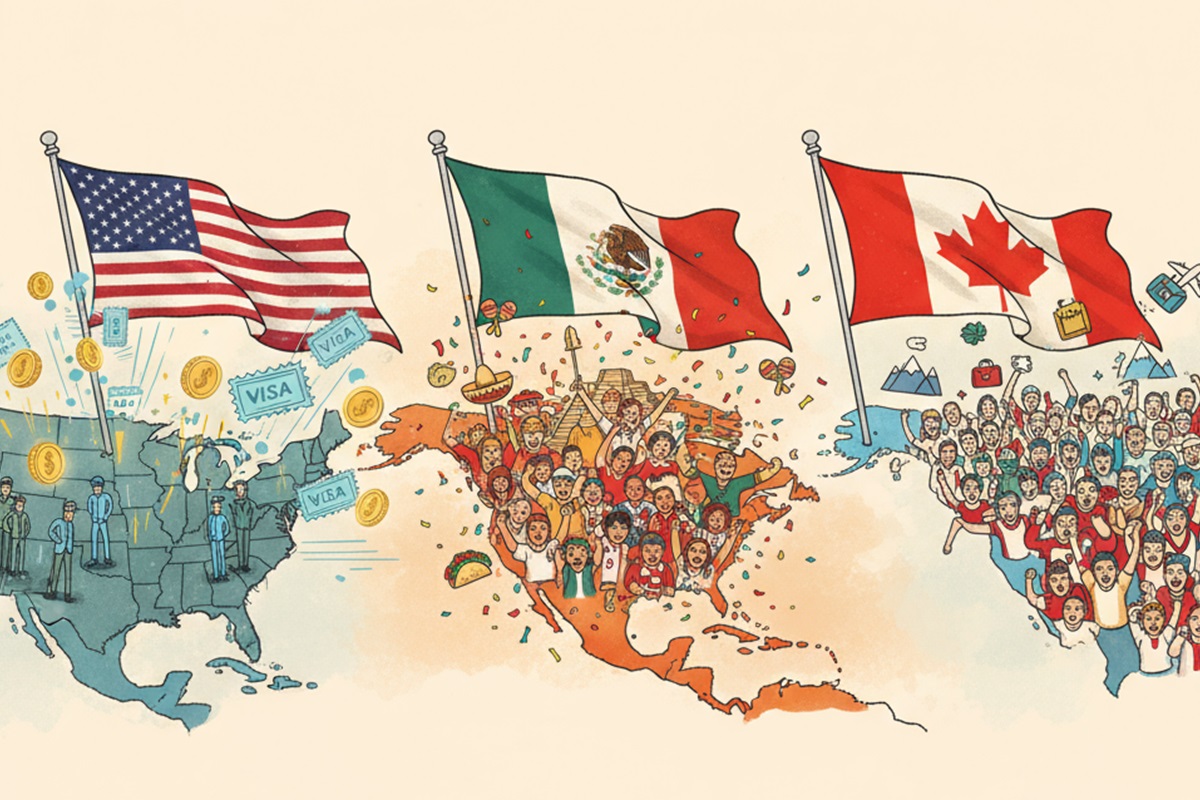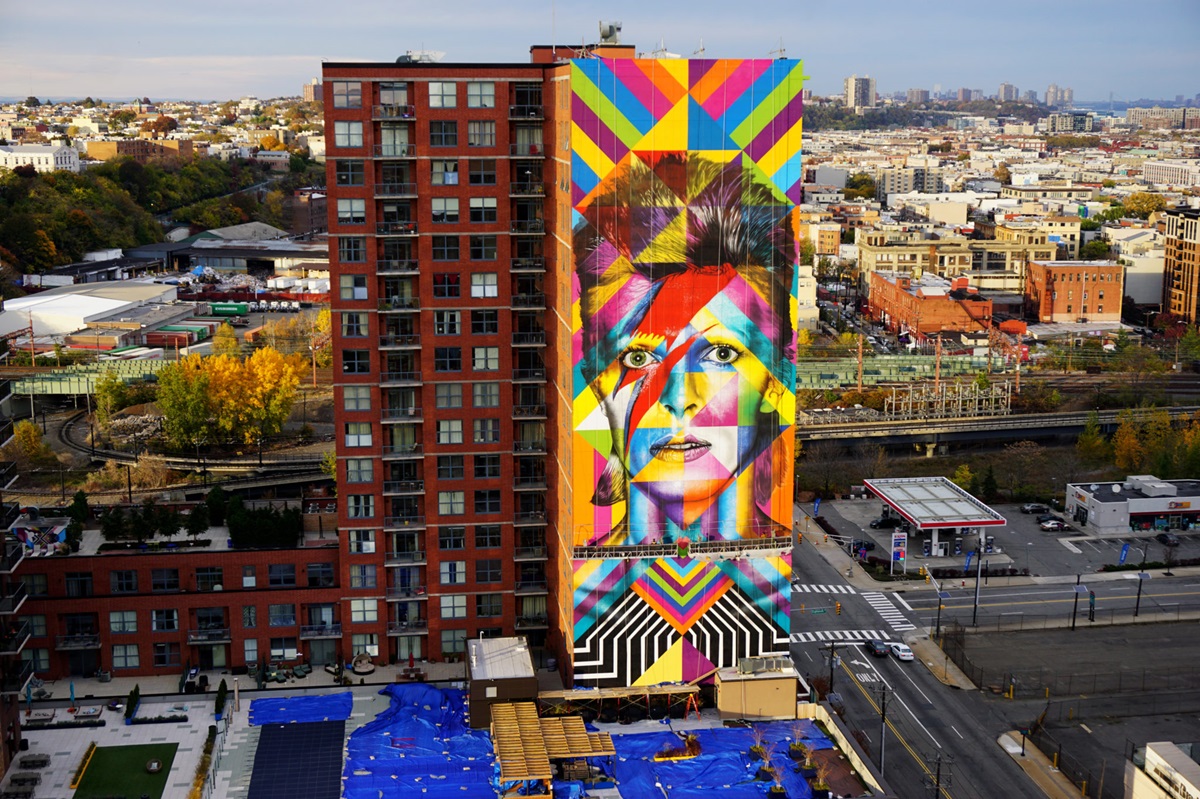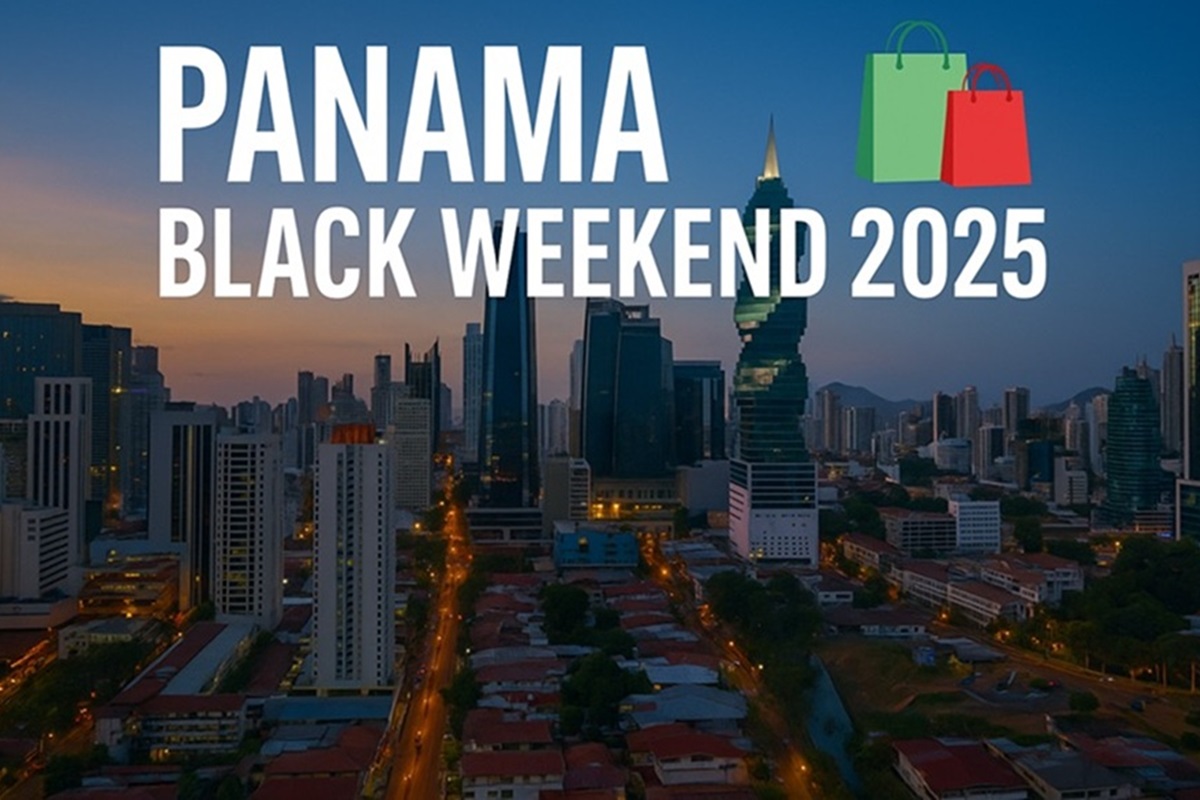Every October, Canada bursts into color, rhythm, and flavor as it celebrates Latin American Heritage Month, a tribute to the histories, voices, and creative energies of more than half a million Canadians who trace their roots to the 22 nations of Latin America. This celebration, officially recognized since 2018, is not just about nostalgia or tradition—it’s about understanding how Latin American communities have helped redefine what it means to be Canadian in the 21st century.
From the Andes to the Arctic: A Mosaic of Identities
The Latin American presence in Canada has grown rapidly. Between 1996 and 2021, the community tripled in size, reaching over 500,000 people. From the mountains of Chile and Peru to the beaches of the Caribbean and the heart of Mexico, these migrants brought not only their languages—Spanish and Portuguese—but also dozens of Indigenous tongues that now resonate in Canadian cities from Vancouver to Halifax.
This linguistic and cultural diversity makes Latin Americans one of the most dynamic diasporas in the country. Beyond their traditional associations with music, dance, and food, Latin Americans in Canada are increasingly visible in sectors such as science, entrepreneurship, education, research, and the arts. Their stories intertwine with those of other communities, weaving a national narrative grounded in inclusion and shared progress.
The Power of Recognition
In a statement marking the start of this year’s celebrations, The Honourable Steven Guilbeault, Minister of Canadian Identity and Culture, emphasized that Latin American Heritage Month is “a moment to honour the rich history, celebrate both the past contributions and present achievements, and recognize the vibrant identity of Latin American communities in Canada.”
It’s a recognition that carries weight. In a nation that often defines itself through diversity, acknowledging Latin American Canadians is both symbolic and essential. It validates the collective efforts of those who arrived decades ago—escaping dictatorships, economic hardship, or seeking educational opportunities—and of a new generation that was born and raised in Canada but carries its heritage with pride.
Guilbeault also highlighted a key reality: “Even today, we recognize that racialized people are more likely to experience discrimination in Canada.” His reminder underscores that celebration and reflection must go hand in hand. Diversity cannot thrive without equity, and multiculturalism is most meaningful when all communities feel protected, heard, and valued.
Related content: Canada’s Latino Routes: Exploring Toronto’s Immigrant Neighborhoods
Building an Inclusive Future
The government’s Anti-Racism Strategy 2024–2028 and the Action Plan on Combatting Hate aim to ensure that cultural preservation and safety go together. These initiatives respond to growing concerns among racialized groups—including Latin Americans—about systemic barriers in employment, representation, and public discourse.
Yet, despite the challenges, Latin Americans in Canada have continued to create spaces of visibility and belonging. Across the country, cultural organizations, festivals, and artistic collectives have become vibrant platforms for identity expression.
In Toronto, Hispanic Heritage Canada curates exhibitions and community events showcasing artists from Colombia, Ecuador, and Cuba. In Montreal, Festivalissimo merges Latin American and Francophone cultures through cinema and gastronomy. Out west, the Vancouver Latin American Cultural Centre brings together musicians, chefs, and activists to foster cross-cultural dialogue.
These initiatives reflect the growing confidence of Latin American Canadians to shape not only their own narrative but also the broader Canadian cultural landscape.
A Generational Shift
For many second-generation Latin Canadians, the month is an opportunity to rediscover their roots. They grew up between two worlds—attending Canadian schools, speaking English or French, and listening to reggaetón or salsa at home. For them, Latin American Heritage Month is not an imported celebration but a bridge between identities.
This generational evolution marks a cultural shift. Latin identity in Canada is no longer confined to community centers or annual parades—it’s part of the mainstream conversation. Latin entrepreneurs are launching tech startups in Calgary, Latin professors are teaching at McGill, and Latin chefs are reinventing cuisine in Vancouver. The month offers visibility to a community that has long been contributing quietly but significantly.
Beyond Stereotypes: Latin Americans in Every Field
The narrative of Latin Americans in Canada has matured beyond clichés of music and dance. While culture remains central, the new generation is increasingly associated with innovation and leadership.
Latin American researchers are leading projects in climate science, public health, and artificial intelligence. Entrepreneurs from Mexico, Chile, and Brazil are part of Canada’s growing startup ecosystem. Meanwhile, community organizations are advocating for migrant rights, environmental justice, and education access.
Food, Music, and Memory
Celebrating Latin American Heritage Month inevitably means sharing flavors and sounds. Across the country, local markets fill with arepas, pupusas, empanadas, and tamales. Salsa and cumbia spill into public plazas, and Canadian audiences join in with enthusiasm.
But these celebrations go beyond festivity—they’re acts of remembrance. Each dish, rhythm, and story connects generations separated by geography but united by heritage. For many, October is a time to teach their children a few words in Spanish or Quechua, to revisit family recipes, or to tell stories of grandparents who arrived with a suitcase full of dreams.
A Shared Journey Forward
As Minister Guilbeault expressed in his closing remarks, “It is through combining our experiences, skills, and expertise that we can make our country stronger and more united, one encounter at a time.” That spirit of collaboration defines the Latin American experience in Canada—a journey not of assimilation, but of integration and contribution.
Latin American Heritage Month is more than a calendar event. It’s an invitation to reflect on how Canada’s strength lies in its ability to embrace difference and transform it into shared progress. From the fields of Saskatchewan to the streets of Montreal, Latin American Canadians are reshaping what it means to belong, to contribute, and to celebrate.
Their journey, marked by perseverance and pride, continues to enrich Canada’s multicultural story—one rhythm, one idea, and one dream at a time.







